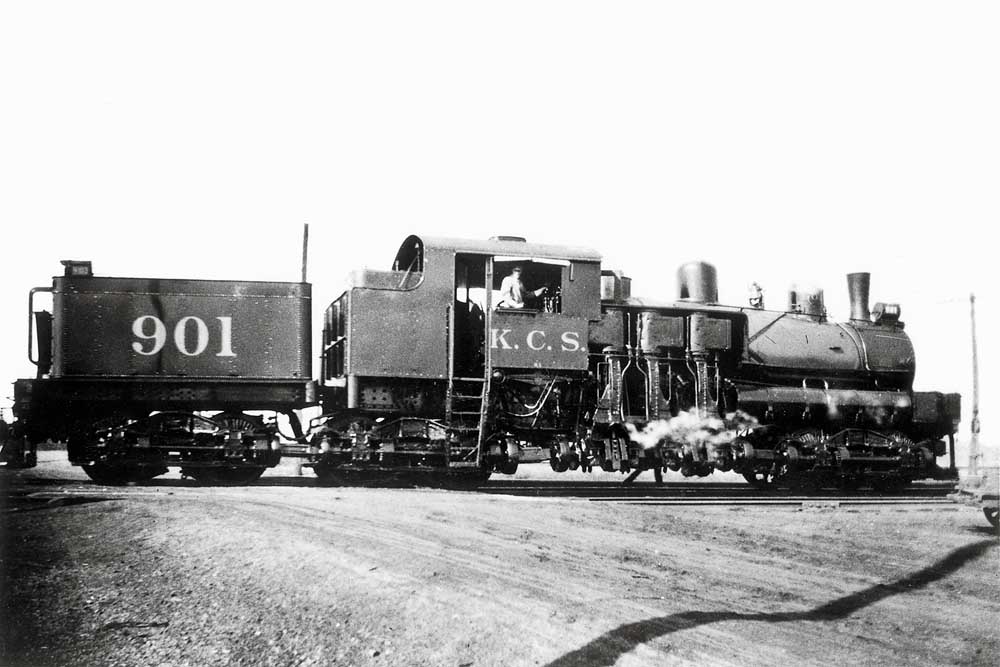
Kansas City Southern Shay locomotives were oddballs on a steam locomotive roster of non-conformity. Ephraim Shay came up with the design for the geared locomotive in the 1870s. The Lima Locomotive Works popularized the design and sold almost 2,770 copies. Throughout the Leonor F. Loree administration, Kansas City Southern was a loyal Alco […]
Read More…
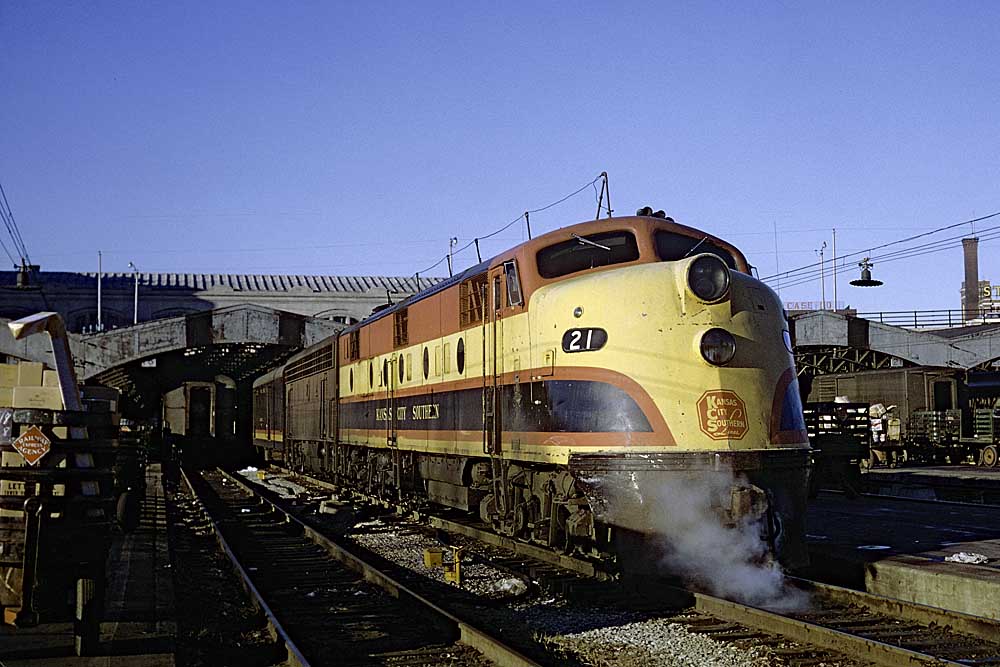
Kansas City Southern locomotives were full of surprises in both the steam and diesel fleets. Steam locomotives saw a gradual evolution, from 2-8-0 to articulated 0-6-6-0s (an oddball in the industry for road service) and 2-8-8-0s and eventually the much-vaunted 2-10-4s of 1937. The 0-6-6-0s were the largest group of the type built […]
Read More…
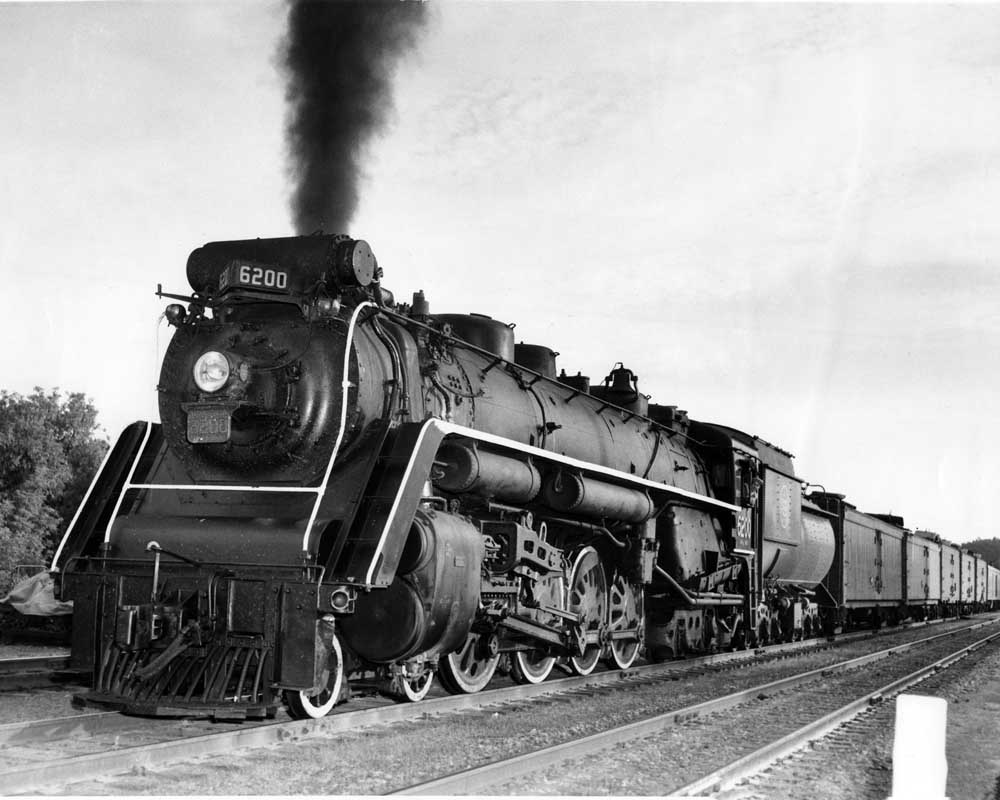
Canadian National U-class 4-8-4 locomotives proved to be the most versatile of the type operated in North America. It’s generally accepted that the ultimate in steam power was the 4-8-4 Northern type, if defined by criteria that includes speed, power, technology, and, perhaps most importantly, versatility. A lot of railroads capped off the steam […]
Read More…
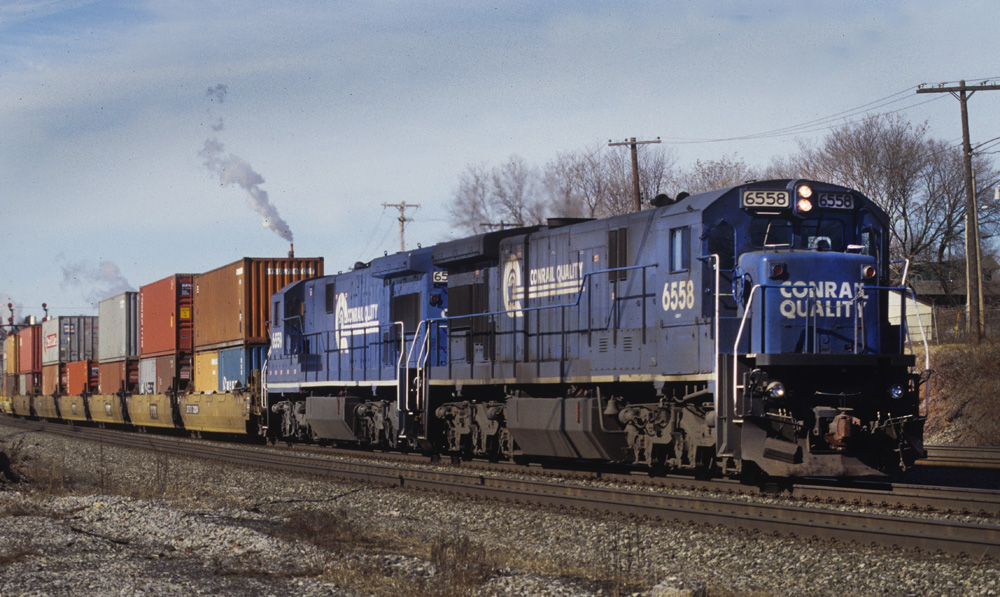
Conrail locomotive Locomotives fascinate us, amaze us, and move us across landscapes — and our imaginations. A railroad selects locomotives based on factors that include operational need, affordability, maintenance cost, applicability for a certain service, and what models might be available at the time. Stories are woven throughout the industry’s history of locomotive models that […]
Read More…
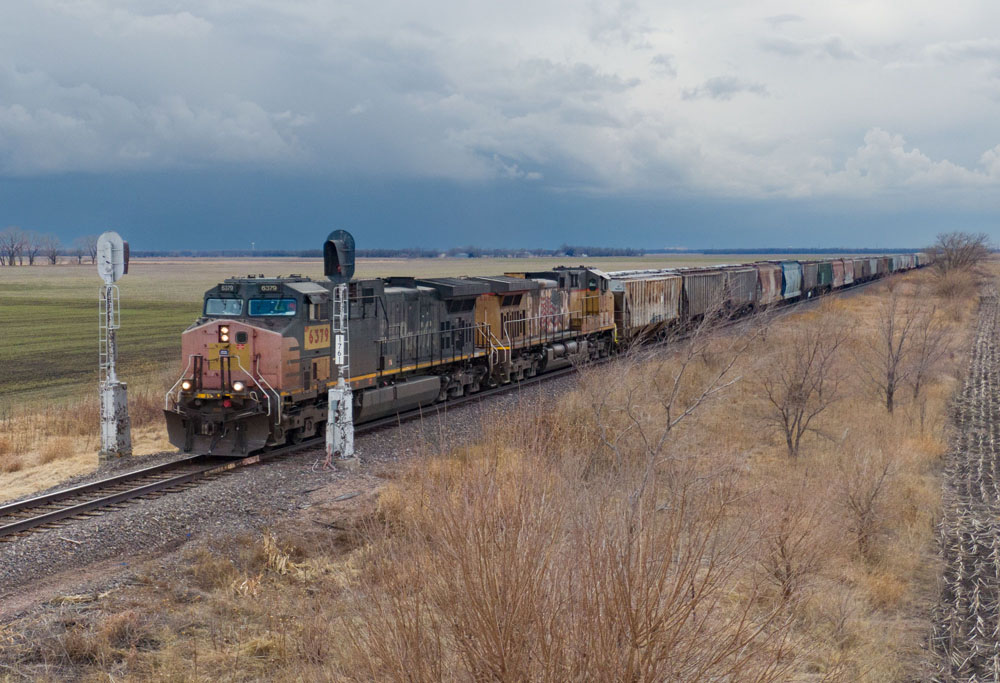
Heritage locomotives Over the last few decades, railroads have rolled out dozens of specially painted locomotives. Whether they were wrapped or painted, we’re fortunate to live in an era where honoring a company’s past is so visual. We are also lucky we live in an era where paint booths are far and few between and […]
Read More…
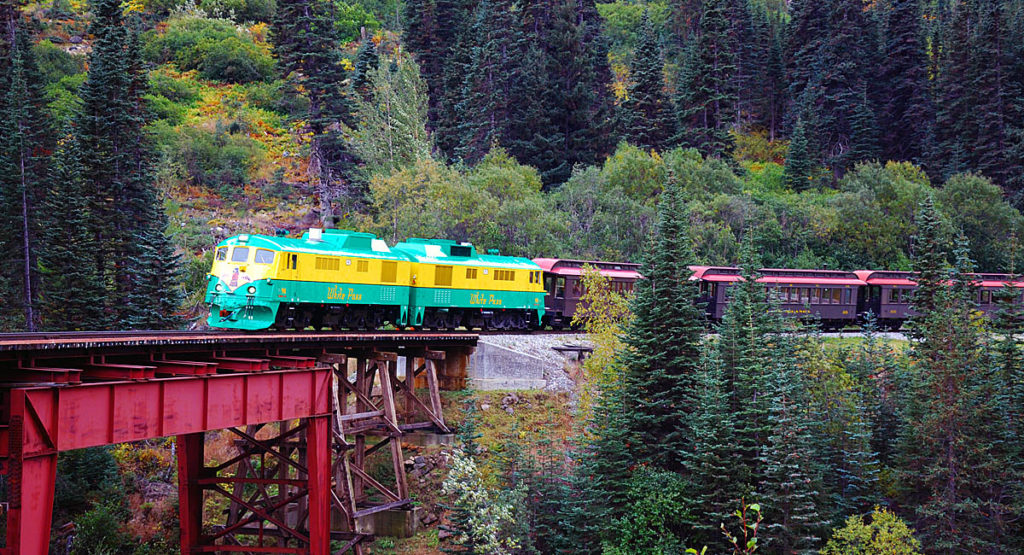
EMD’s introduction of the 50-series road switchers in 1979 offered customers four variations of the design: the 3,500-hp, four-axle GP50, and its bigger brother, the six-axle SD50. The builder produced more than 275 of the former, and more than 425 of the latter. Also offered as part of the 50 line was the GP49, utilizing […]
Read More…
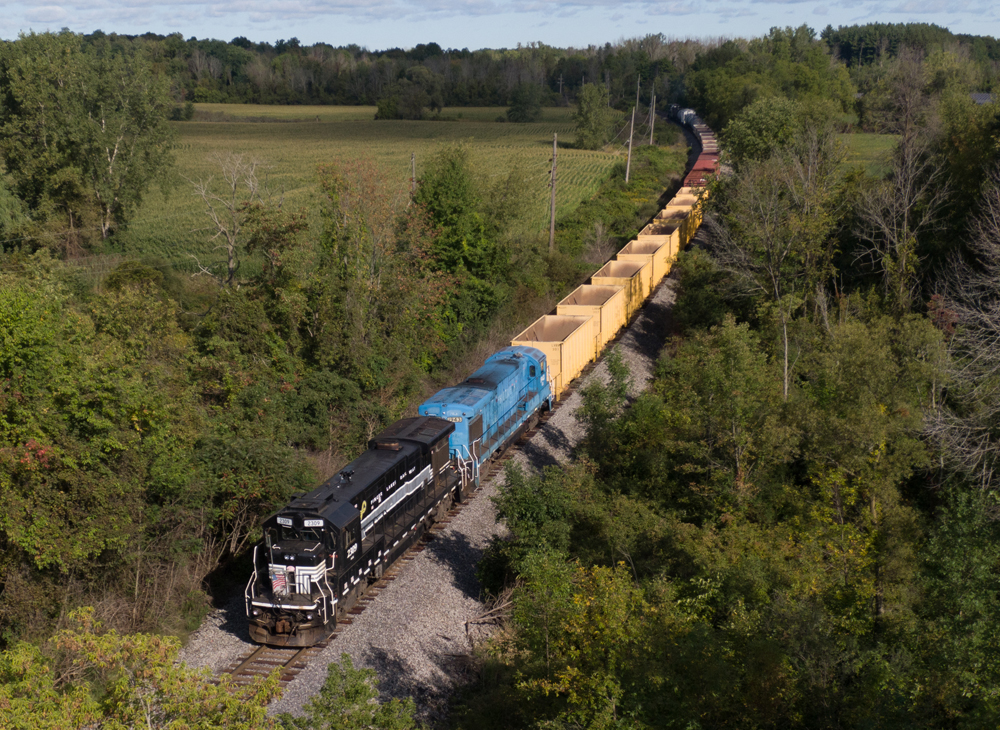
General Electric’s B23-7 GE’s best-selling four-axle unit still hauls freight today. General Electric, now Wabtec, has been out of the intermediate horsepower market for decades now, but beginning in the late 1970s, the company newly introduced Dash 7 line made a mark on the industry. Part of the “second generation” of General Electric’s locomotive portfolio, […]
Read More…
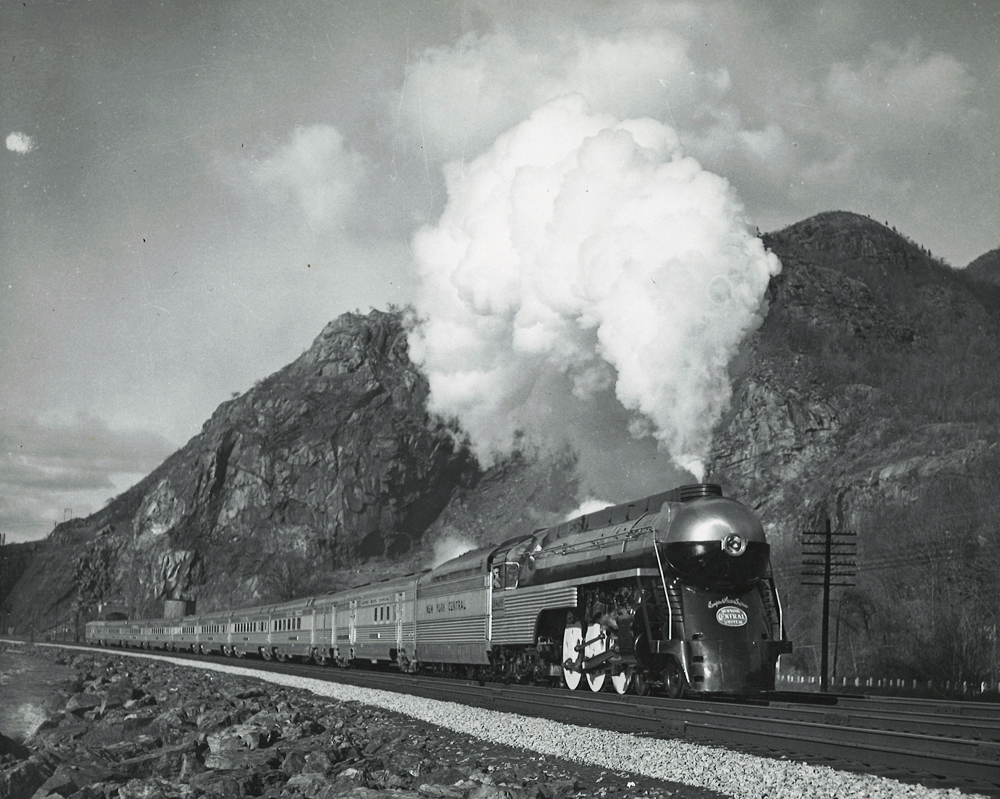
We are exploring ideas on streamlining steam locomotives. During the deepest darkest days of the Great Depression — the economic shock that impacted most of the world from 1929 to 1939 — industrial and political leaders sought out new products, services, and events. They were looking for a means to create jobs, increase sales, and […]
Read More…
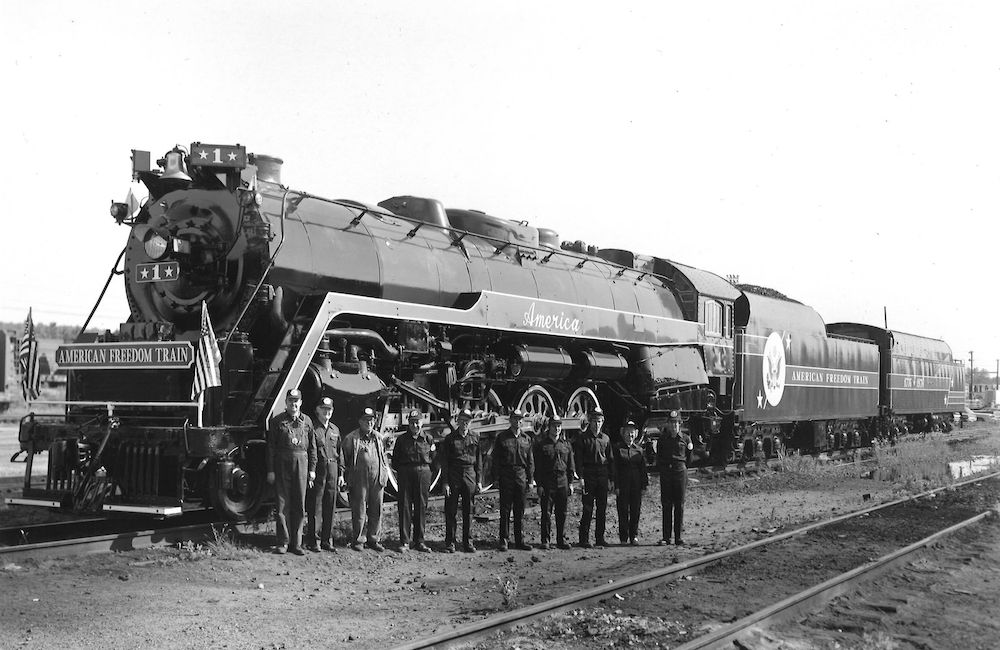
The American Freedom Train steam locomotives were stars in their own right during the U.S. Bicentennial tour. From 1975 to 1976, a total of three each took turns leading the 26-car exhibit train full of American artifacts through 48 contiguous states. What were these patriotic steam stars and where are they now? Southern Pacific No. […]
Read More…
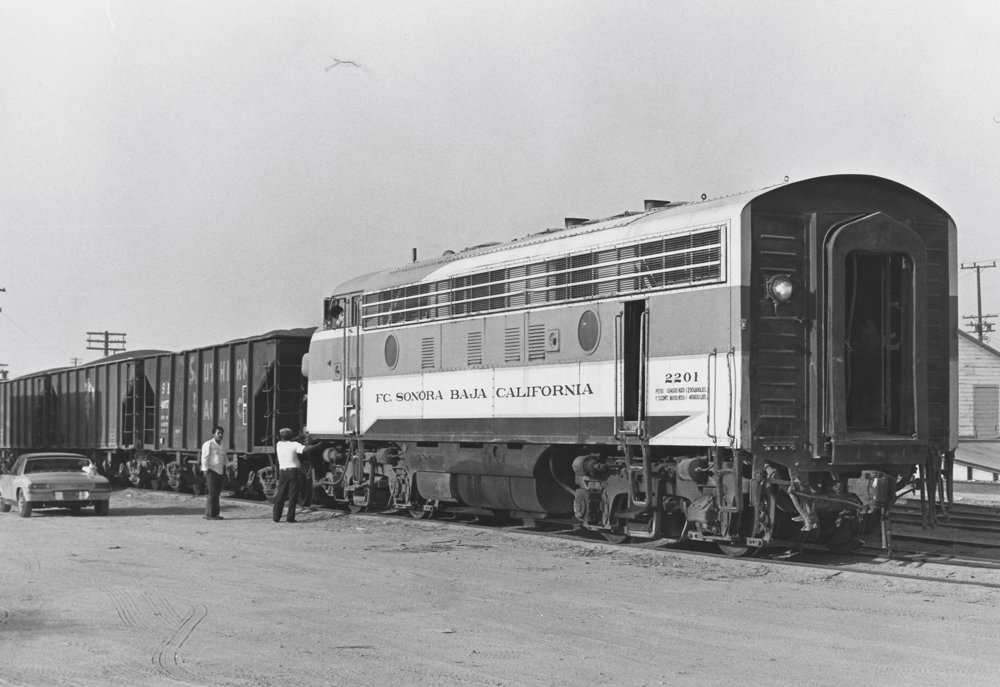
EMD F unit in local service EMD F unit in local service: Back in the 1950s and ’60s, it was not unusual to see a freight cab unit switching an online yard or working a branch line, although they were built to run on main lines, not secondaries or as switchers. But when a local […]
Read More…
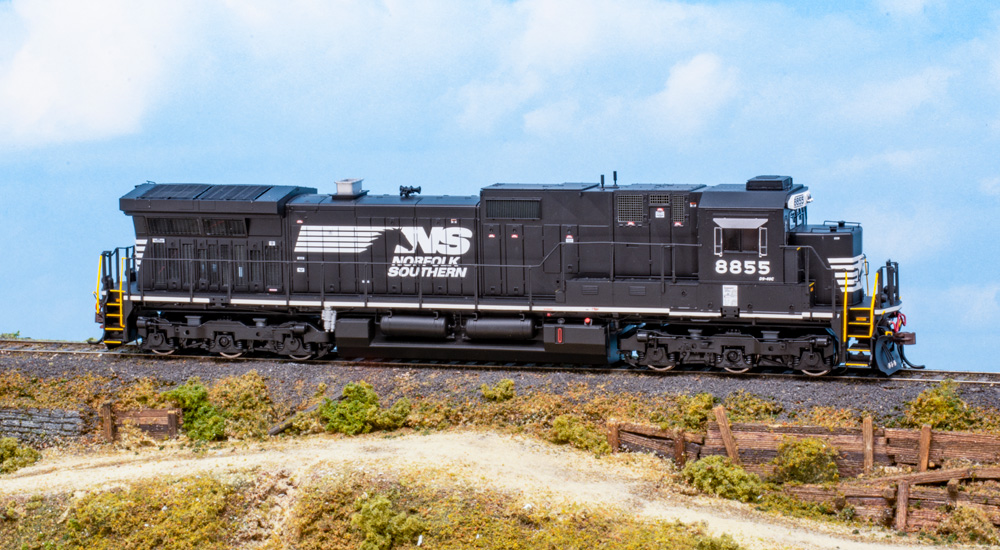
Q: Interesting article on removing the flanges from steam locomotive drivers. So, what about those long diesel engines like the General Electric C44-9W or EMD’s FP45s or SD40? Could removing flanges from diesel wheels help my HO scale Athearn Blue Box diesels go around 19” radius curves? If so, the question becomes what’s the easiest way […]
Read More…
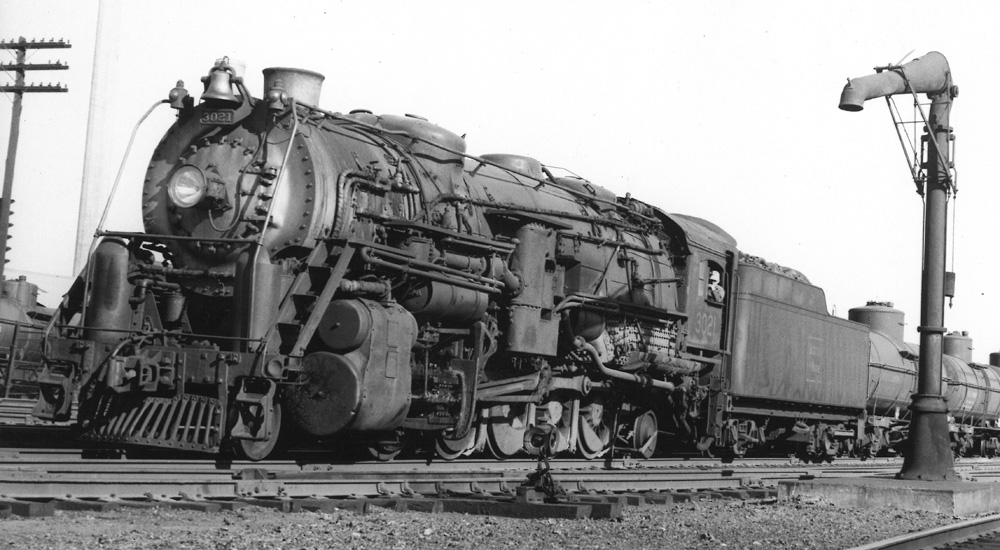
Q: I watch videos of model railroads on YouTube. On a video of a Boston & Maine layout, I saw a strange steamer. A 2-10-2 had a long tender, and on the rear truck of the tender, the wheels were ganged together with a connecting rod and the wheels had counterweights. Why? – Robert Beadle A: […]
Read More…












